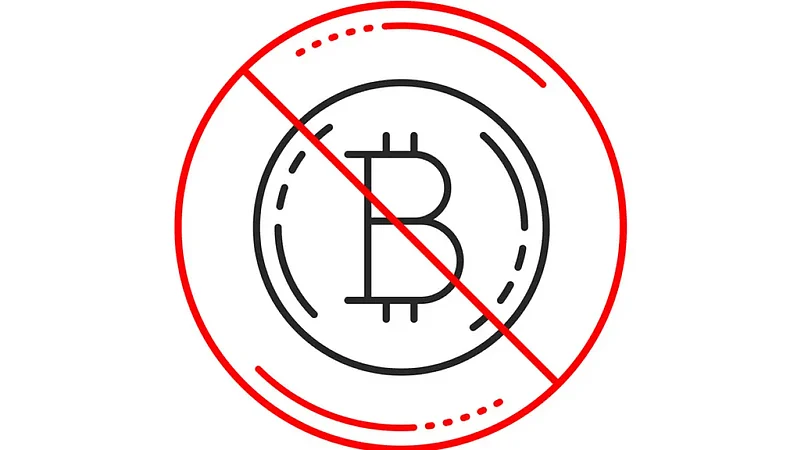The use of virtual currency in the recent years has become prominent across the globe, including in India. Cryptocurrency is basically a digital/virtual currency that can be used as a medium of exchange. Cryptography provides it strong security and it is almost impossible to counterfeit or double-spend with cryptocurrency.
In India, crypto’s journey is considered to have started around 2013. While it did not have support from the Reserve Bank of India (RBI)—the central bank had given a clear cut warning that, “virtual currencies are not a legal tender in India” —in April 2018, the finance ministry appointed a committee to draft a Bill regarding cryptocurrencies. The ministry stated that is “was not in the favour of a ban”. In 2019, a draft Bill was issued under which holding, mining, selling, issuing, transferring or use of cryptocurrency was made punishable with a fine or imprisonment of up to 10 years, or both. However, in March 2020, the Supreme Court removed the ban on cryptocurrencies. In 2021, Finance Minister Nirmala Sitharaman stated in Rajya Sabha that the government has not taken any concrete step towards banning cryptocurrencies advertisements in India but through RBI and Sebi (Securities and Exchange Board of India), it will spread awareness about cryptocurrencies. In the Union Budget 2022-23, the government categorically mentioned that the transfer of any virtual currency/cryptocurrency asset will be liable to 30 per cent tax. Many investors welcomed the announcement as, according to them, the declaration in itself was the first step in recognising cryptocurrencies as a legitimate asset.
In such a scenario, is a ban on crypto feasible?
In India, it is estimated that nearly 15 million investors invest in cryptocurrencies. The Indian crypto market has been growing at a healthy rate in the past few years and is estimated to reach $241 million by 2030.
Why are 15 million Indians risking their money on cryptocurrencies? The simple answer is the value factor and the hope that cryptocurrencies will soon be accepted as a valid medium of exchange. However, that will happen only when the government openly displays it trust in cryptos, as it does with paper currency.

Cryptocurrencies have their advantages. They have the potential to eliminate intermediary costs. The cost of transferring money across borders from a normal banking system can be as high as 7-10 per cent. A healthy sum of $7.5-10 billion in transaction fees can be saved and the same amount can possibly be used to fund and strengthen the domestic economy.
At present, about 50,000 individuals are employed in the crypto industry, and this could increase. Moreover, cryptocurrency has proved its social benefit as well. The India Crypto Covid Relief Fund donated over $36 million (about Rs 270 crore) towards Covid-19, which it collected as donations in crypto assets from all over the world. Another $429 million as donations is pending.
In addition to the benefits of crypto, practically speaking, even if the government wishes to ban cryptos, enforcement will be difficult given the way blockchain technology works. To enforce a ban, authorities would have to develop a surveillance system that can locate a password or seed phrase. This may potentially end up creating a parallel economy, upsetting the very purpose of the ban in the first place.
As India has a large crypto user base, a ban can also lead to users resorting to illegitimate means and black-marketing. Plus, ordinary Indians who wish to increase their capital would be deprived from capitalising on crypto-assets.
The way liberalization in 1991 opened up the country to the global economy and made India rule in IT, instead of criminalising crypto currencies, the government should bring it in line with the changing world and fulfill the aspirations and dreams of its own citizens.
The author is founder and CEO of Cashaa.
(Disclaimer: Views expressed are the author’s own, and Outlook Money does not necessarily subscribe to them. Outlook Money shall not be responsible for any damage caused to any person/organisation directly or indirectly.)


























